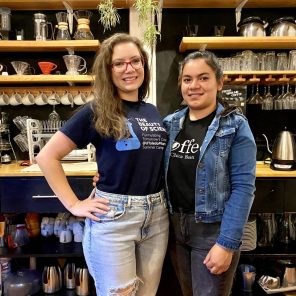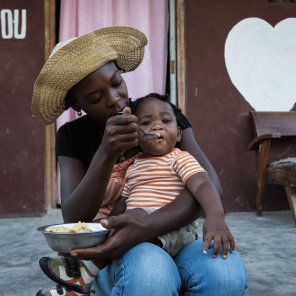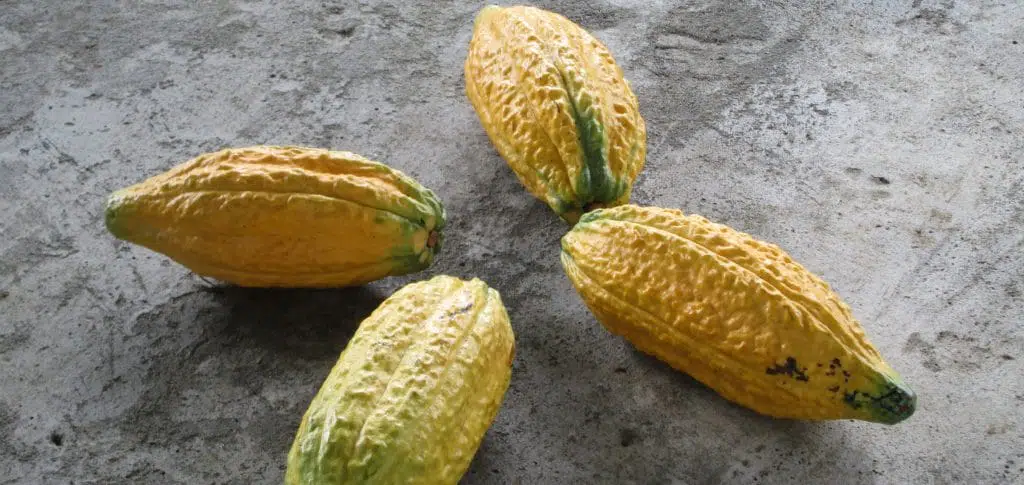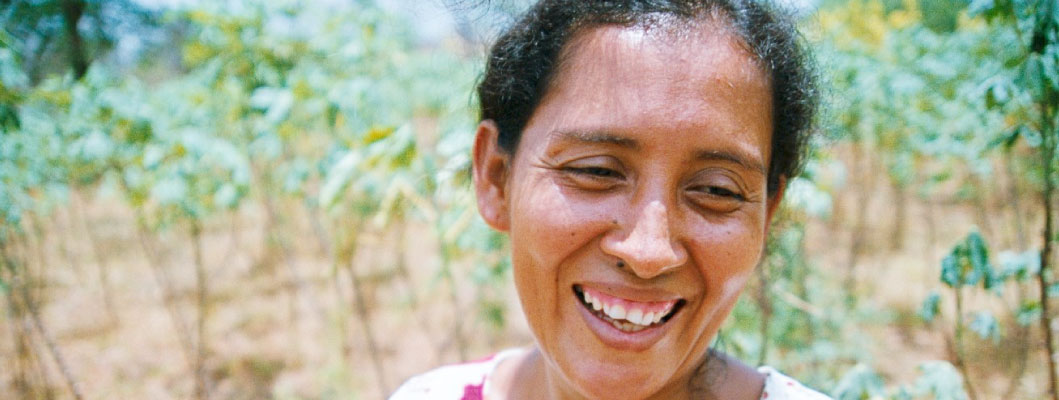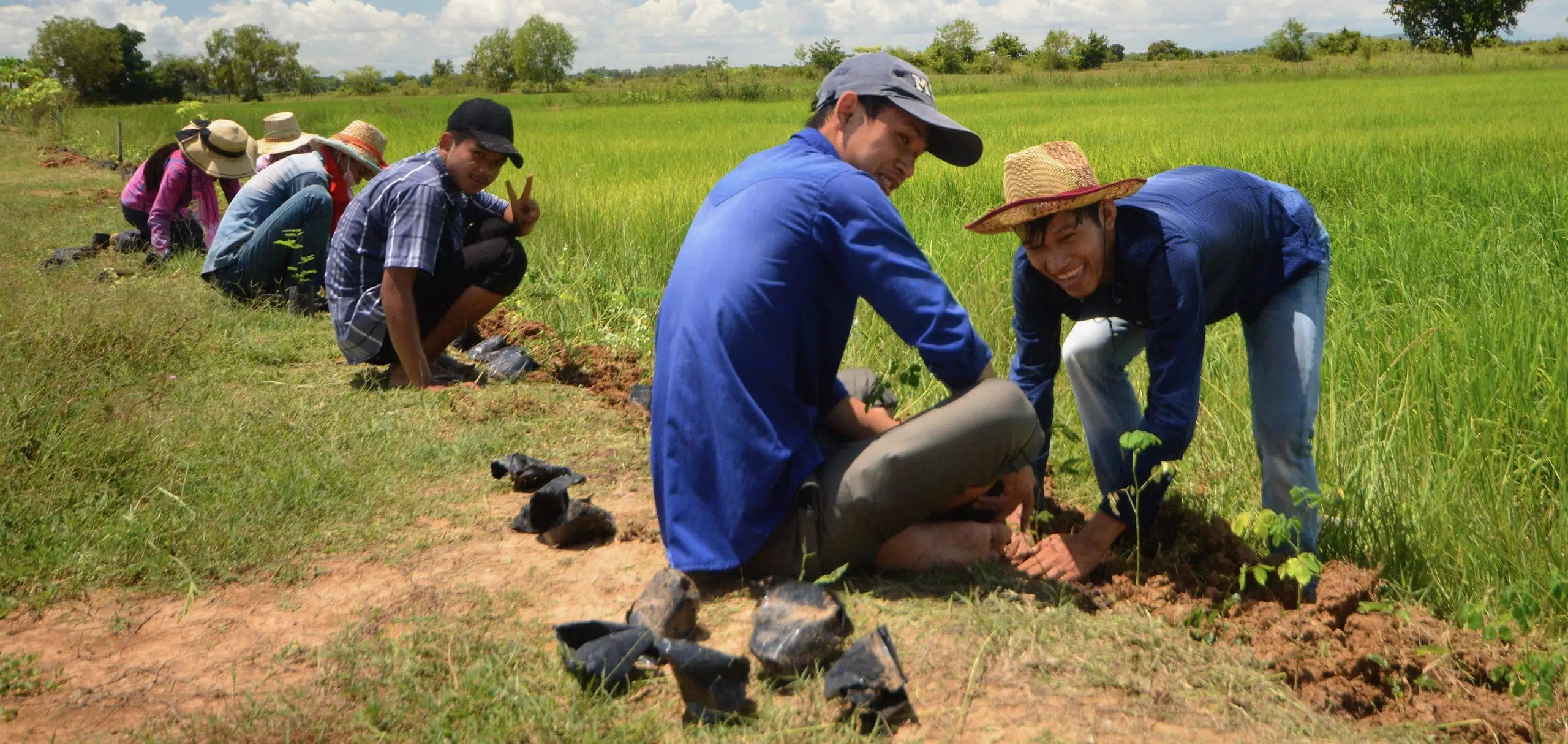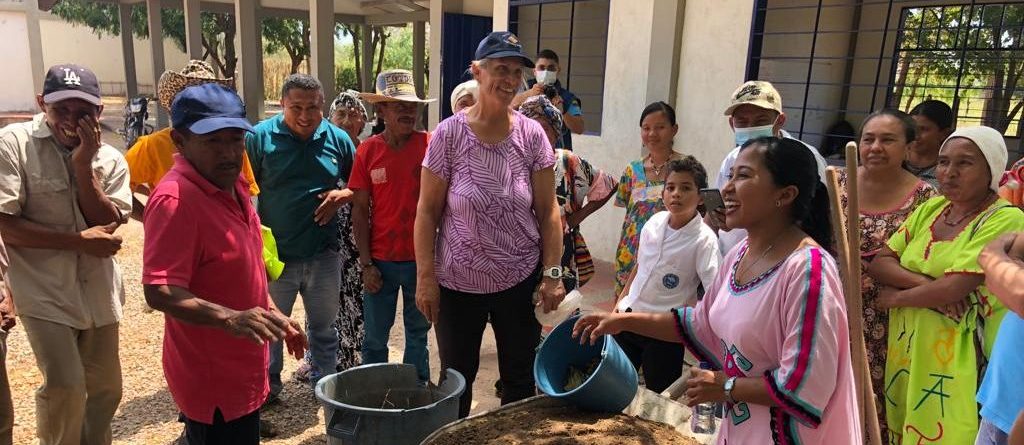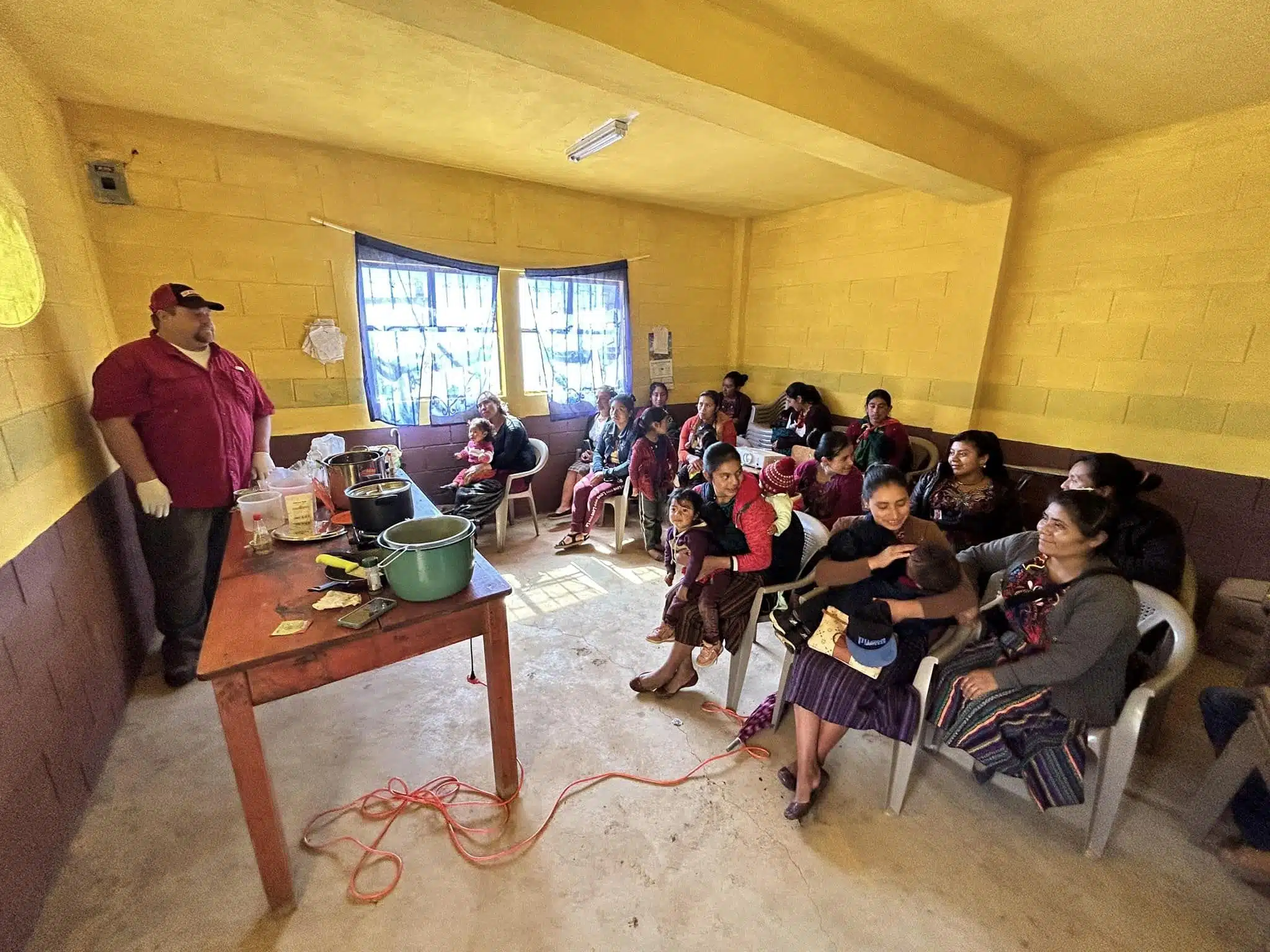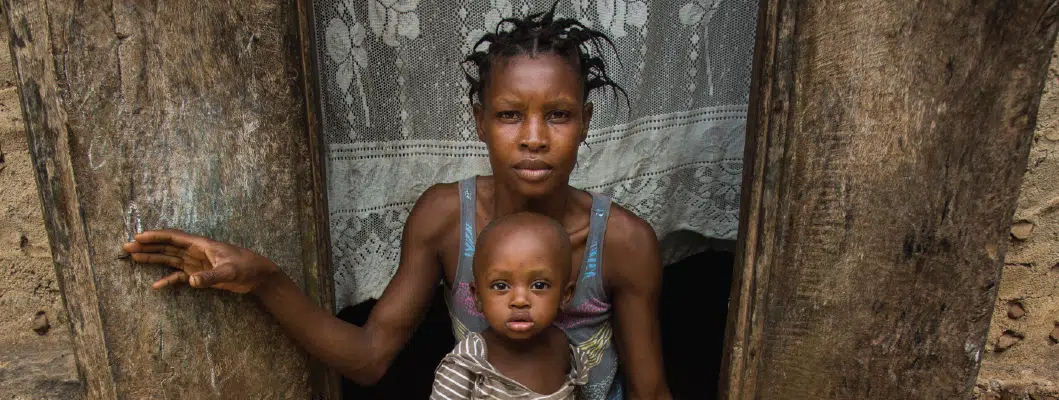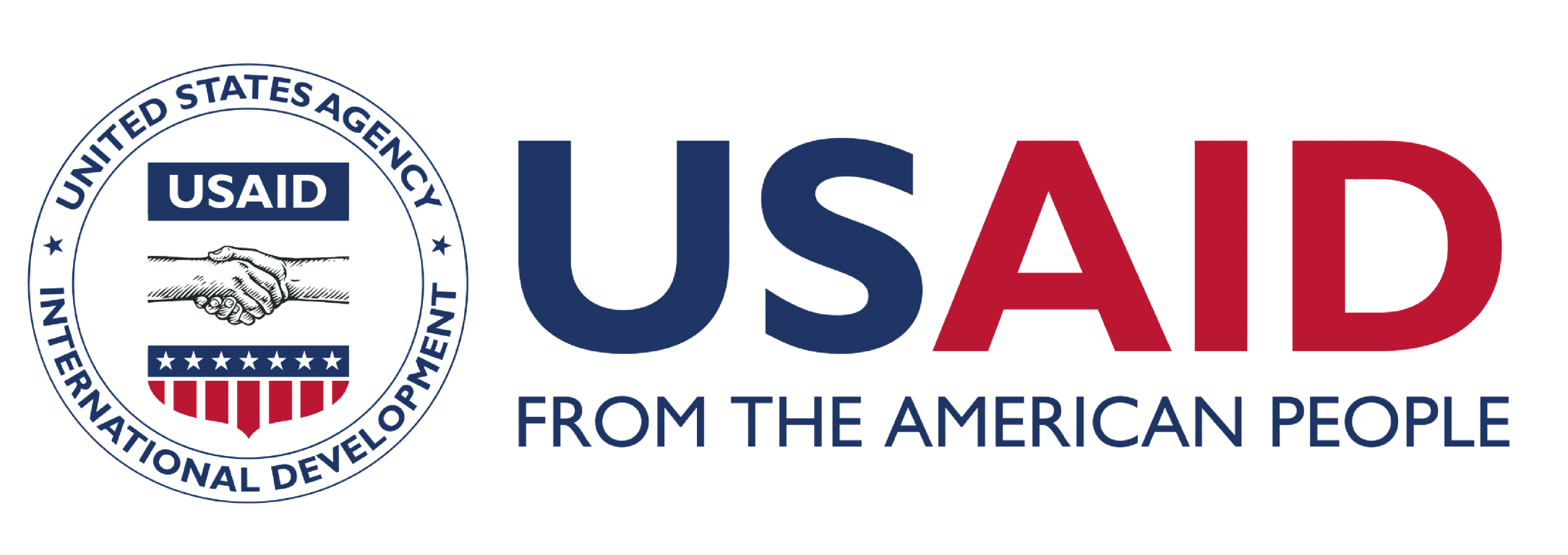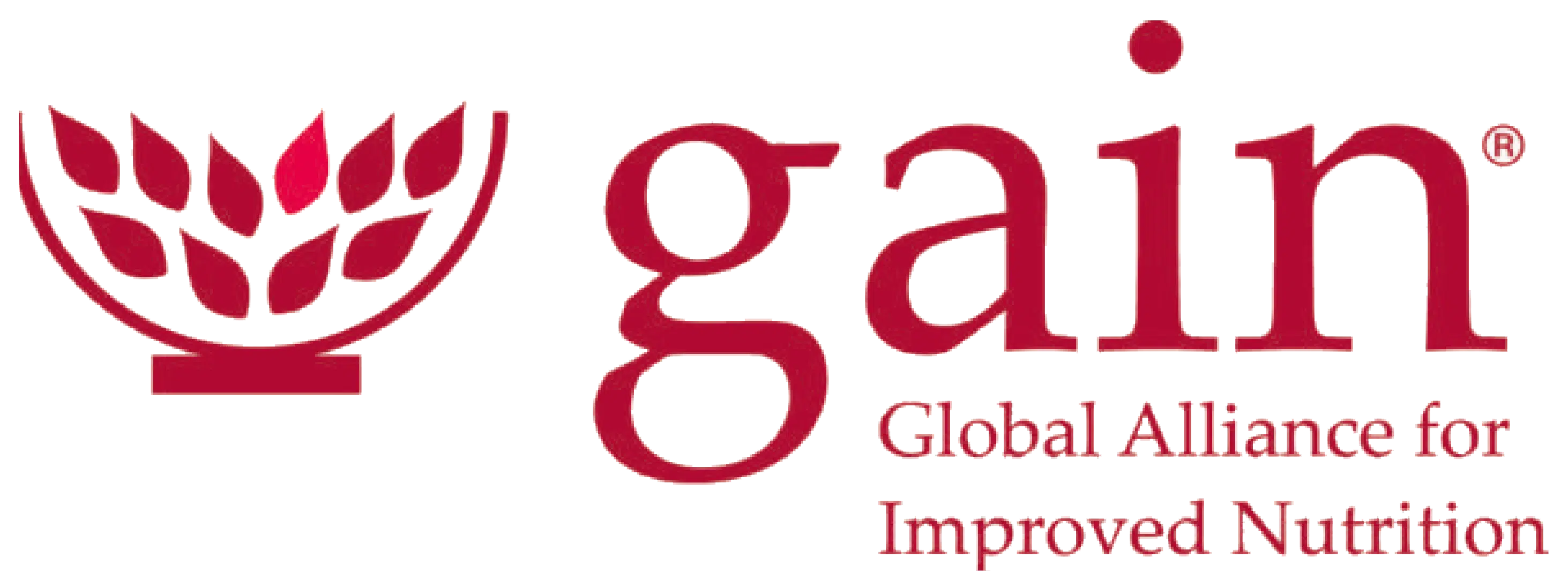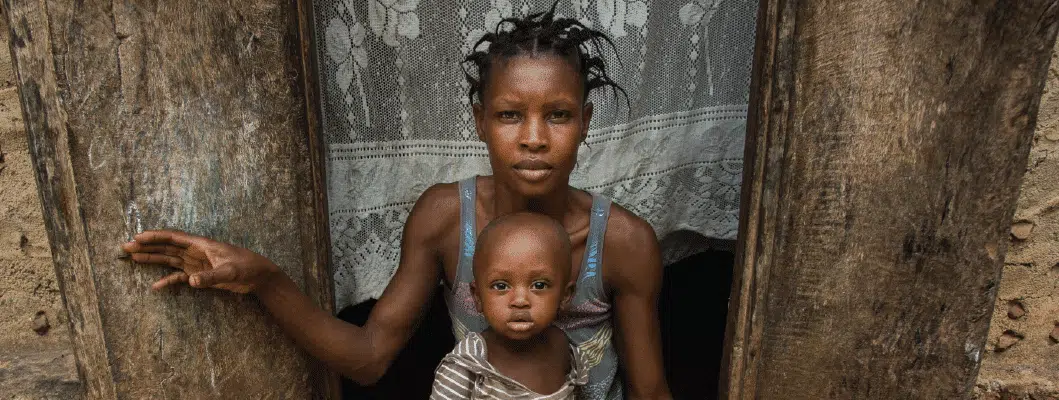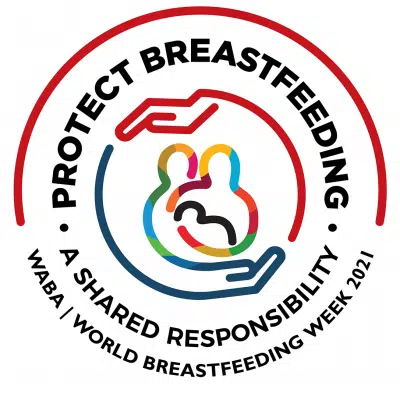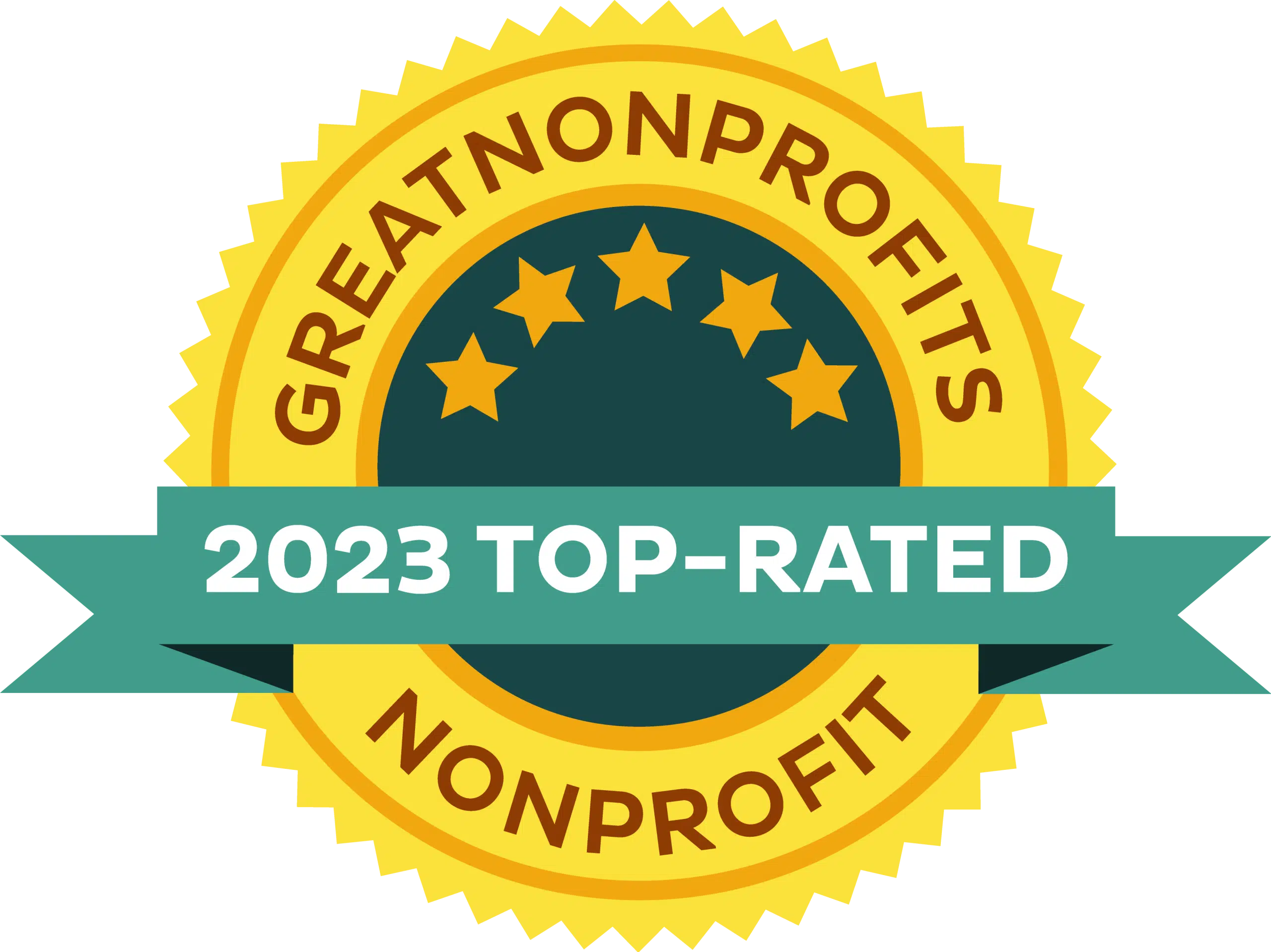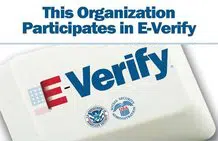Food insecurity has increased steadily across Latin America and the Caribbean for the last eight years. According to a recent report by the United Nations, hunger increased by 30% between 2019 and 2020 alone, reaching a total of 59.7 million people. Approximately four out of 10 people experienced food insecurity during the first phase of the COVID-19 pandemic. These trends are exacerbated by climate change, which is undermining agricultural productivity and exposing communities across the region to more frequent and severe disasters.
Partners of the Americas’ Agriculture & Food Security programs contribute to global nutrition security and livelihood development by strengthening organizational and individual capacity. Our expansive network of specialized volunteers, development experts, collaborating organizations, and local leaders helps us increase food production and diversify income, promote improved nutrition, reinforce resilience to shocks and stresses, and support sustainable economic growth and environmental conservation.
